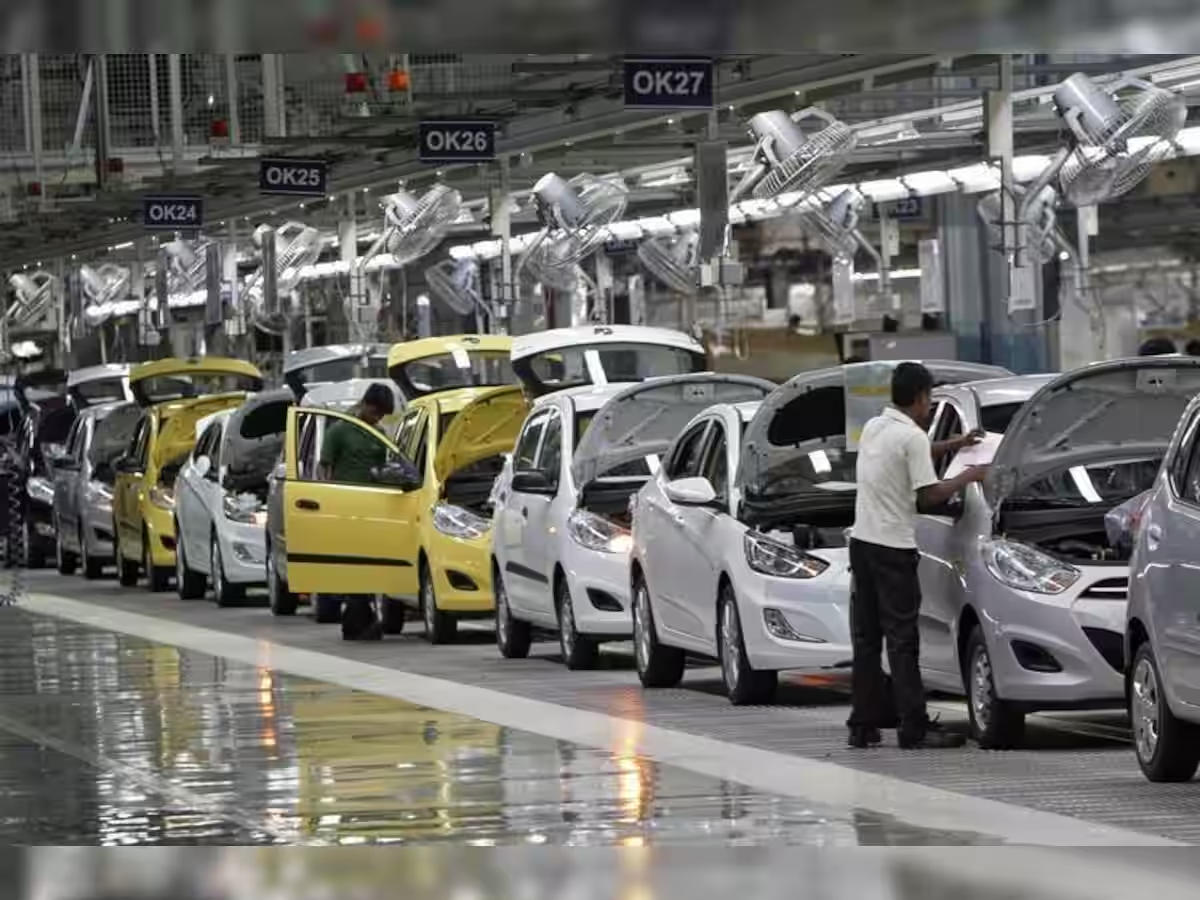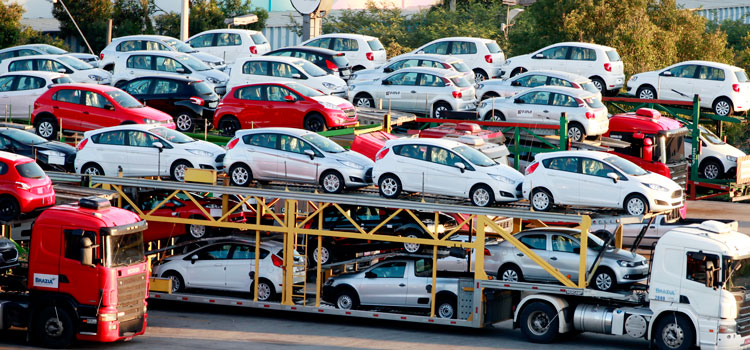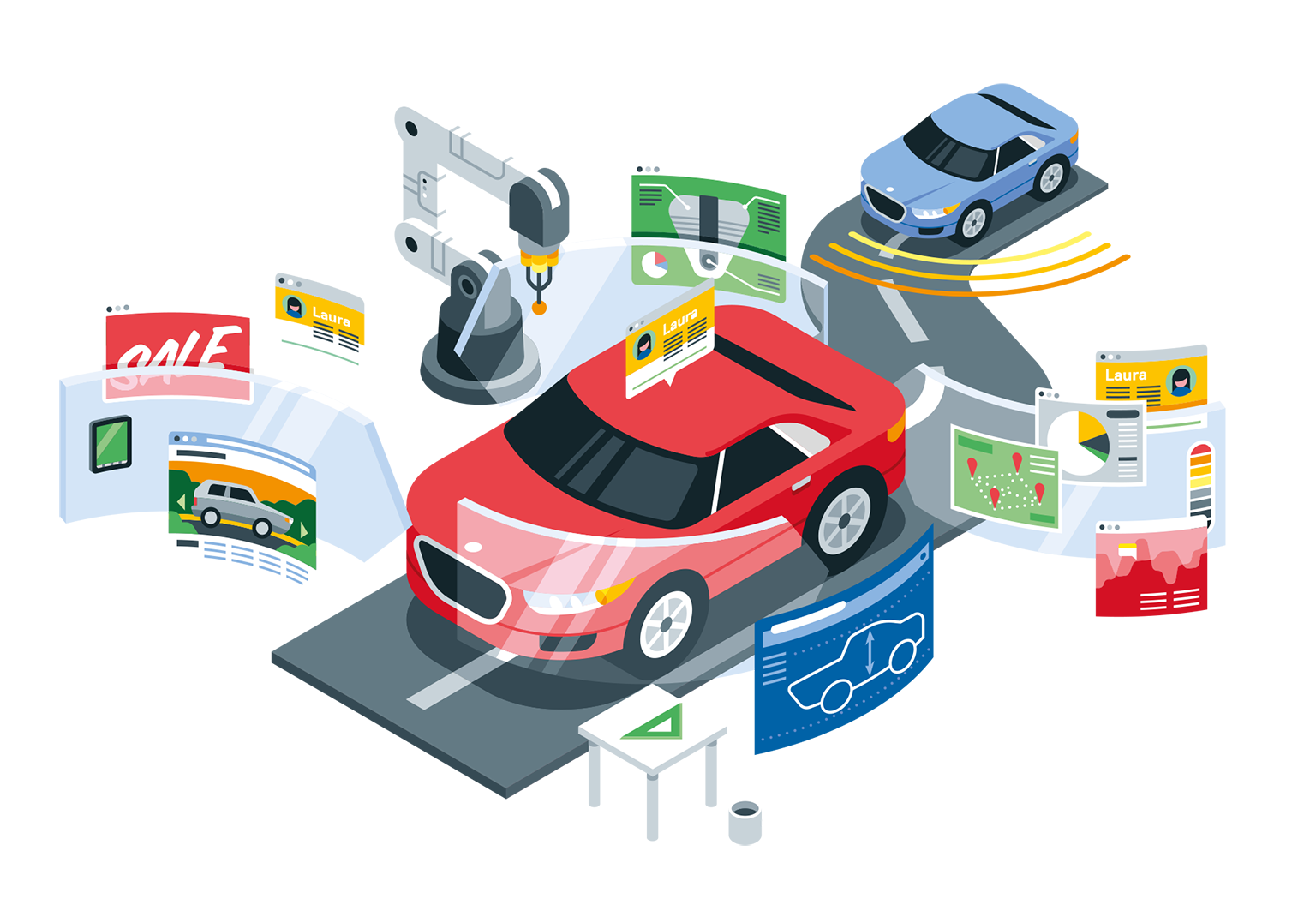The automobile industry in Pakistan plays a crucial role in the country’s economy. It serves as a prominent sector that generates employment, contributes to GDP growth, and fosters technological advancements. Currently, the industry is witnessing both challenges and opportunities. In recent years, the automobile industry in Pakistan has experienced significant growth, with several local and international manufacturers establishing their presence in the market.
This expansion has resulted in increased production, improved vehicle quality, and a wider range of options for consumers. However, despite these positive developments, the industry still faces obstacles to its growth and potential. Issues such as lack of infrastructure, high production costs, and heavy reliance on imported components hinder the sector’s expansion. Pakistan must focus on the growth and development of its automobile industry.
This sector has the potential to create more job opportunities, boost technological advancements, attract foreign investment, and contribute significantly to the overall development of the country’s economy. By addressing the challenges and capitalizing on the opportunities, Pakistan can establish itself as a promising player in the global automobile industry. Through strategic planning, favorable policies, and collaborative efforts, the growth and development of the automobile sector can pave the way for a prosperous future for the country.
Analyzing the Challenges
The automobile industry in Pakistan faces several key challenges that hinder its growth. These include inadequate infrastructure, high production costs, and heavy reliance on imported components. These factors contribute to limited market competitiveness and hinder the industry’s potential for expansion. However, potential solutions exist to address these challenges.
Developing robust infrastructure, promoting localized production of components, and implementing favorable policies can enhance the industry’s growth prospects. By identifying and addressing these challenges, Pakistan can foster a more conducive environment for the automobile industry to thrive and contribute to the country’s overall economic development.

Government Initiatives
The government of Pakistan has implemented various policies and initiatives to support the growth of the automobile industry. These include tax incentives, tariff reductions, and the introduction of favorable policies for localization. These measures aim to attract foreign investment, enhance localized production, and boost the industry’s competitiveness. While these initiatives have had some positive impact on the industry, certain challenges persist.
Suggestions for improvement include introducing more favorable policies for domestic companies, investing in R&D, and expanding infrastructure to support growth. By implementing these measures, the government can create a more conducive environment for the automobile industry to flourish, and contribute meaningfully to Pakistan’s economic development.
Promoting Local Manufacturing
Promoting local manufacturing and reducing dependence on imports is of great importance for economic growth. By encouraging domestic production, countries can create employment opportunities, boost economic activity, and reduce trade imbalances. To attract investment and encourage local manufacturing, strategies such as providing tax incentives, streamlining regulations, and establishing industrial clusters can be adopted.
Additionally, investing in research and development, improving infrastructure, and fostering collaboration between the public and private sectors can further support the growth of local manufacturing. By implementing these strategies, countries can strengthen their industrial base and achieve sustainable economic development.
Research & Development
Research and development play a vital role in the automobile sector. It drives innovation, improves product quality, and enhances industry competitiveness. By investing in R&D, companies can develop new technologies, improve fuel efficiency, and reduce emissions. Collaborations between industry and academia can foster knowledge exchange and promote cutting-edge research.
Encouraging innovation through incentives and grants can further stimulate R&D activities. By prioritizing research and development in the automobile sector, countries can stay at the forefront of technological advancements, create sustainable solutions, and cater to the evolving needs of consumers.
Skill Development
A skilled workforce is crucial for the growth of the automobile industry. To meet the industry’s demands, there is a need to emphasize skill development. Promoting technical education and vocational training programs can equip individuals with the necessary expertise. Offering scholarships, internships, and apprenticeships can encourage more people to pursue careers in this field.
Collaboration between industry and educational institutions can ensure that the curriculum aligns with industry requirements. Additionally, organizing skill development workshops and providing certification courses can enhance the employability of individuals. By focusing on skill development, the automobile industry can have a competent workforce ready to meet future challenges.

Sustainable Practices
Addressing the importance of adopting sustainable practices in the industry
Sustainable practices are essential for the long-term well-being of our planet. In the industry, it is crucial to address the significance of adopting these practices. This involves integrating ecological, social, and economic considerations into business operations. By doing so, we can minimize negative impacts on the environment and society while maximizing positive outcomes.
Encouraging Green Technologies
Promoting the use of eco-friendly technologies, electric vehicles, and eco-friendly manufacturing
Promoting green technologies is a crucial step towards achieving sustainability. One key aspect is the adoption of electric vehicles (EVs) in place of conventional vehicles. EVs produce fewer emissions and rely on renewable energy sources for charging, reducing our carbon footprint. Additionally, eco-friendly manufacturing practices play a vital role. Implementing energy-efficient techniques, reducing waste through recycling and reuse, and ensuring responsible sourcing of materials contribute to a more sustainable manufacturing industry.
Embracing a Circular Economy – Shifting towards a regenerative system
Bounding a circular economy is another important aspect of sustainable practices. This approach aims to minimize waste, promote resource efficiency, and encourage the continual use and recycling of materials. By designing products with a focus on durability, reparability, and recyclability, we can reduce the consumption of virgin resources and minimize waste generation. Implementing recycling and recovery systems to keep materials in circulation for as long as possible contributes to a regenerative system that benefits both the environment and the economy.
Promoting Exports
Increasing exports of automobiles and spare parts is crucial for businesses. This involves exploring new opportunities and markets, adapting products to meet specific requirements, and using branding and marketing strategies to build a positive global reputation. By doing so, companies can attract potential customers worldwide and increase export volumes.

Exploring Opportunities for Increasing Exports
To increase export volumes, companies need to assess market trends and consumer preferences and tailor their products accordingly. This includes identifying potential markets and developing relationships with distributors, dealers, and business partners in target destinations. Attending trade shows, collaborating with international trade organizations, and leveraging digital platforms can also facilitate market penetration.
Strategies for Expanding Market Reach and Establishing a Positive Global Reputation
To expand market reach, companies need to implement effective branding and marketing strategies, emphasizing the quality, reliability, and innovation of their automobiles and spare parts. Offering competitive pricing, providing excellent after-sales service, and building strong relationships with partners and distributors are also crucial in establishing trust and loyalty. By building a positive global reputation, companies can attract more potential customers, leading to increased exports and sustained growth.
Final Thoughts
What is the main focus of this article?
The main focus is on promoting exports in Pakistan’s automobile industry.
Why is it important to explore opportunities for increasing exports in automobile industry?
Exploring opportunities allows businesses to tap into new markets and boost export sales.
How can companies expand their market reach?
Companies can expand their market reach by working with distributors or dealers in target countries.
What should companies do to establish a positive global reputation?
Companies should focus on effective marketing, branding, and providing excellent customer service.
What is the call to action for stakeholders?
The call to action is for stakeholders to collaborate and work together in growing Pakistan’s automobile industry.
Conclusion
In determination, we have discussed key points related to promoting exports in the automobile industry. It is crucial for stakeholders to explore opportunities and strategies to increase export sales of automobiles and spare parts. By focusing on establishing a positive global reputation and expanding market reach, the automobile industry in Pakistan can achieve significant growth.
Therefore, it is a call to action for all stakeholders to come together, collaborate, and work towards the common goal of nurturing and expanding Pakistan’s automobile industry. Together, we can drive success and contribute to the country’s economic development.



One thought on “HOW TO GROW PAKISTAN IN THE AUTOMOBILE INDUSTRY?”
I do not even know how I ended up here but I thought this post was great I dont know who you are but definitely youre going to a famous blogger if you arent already Cheers.